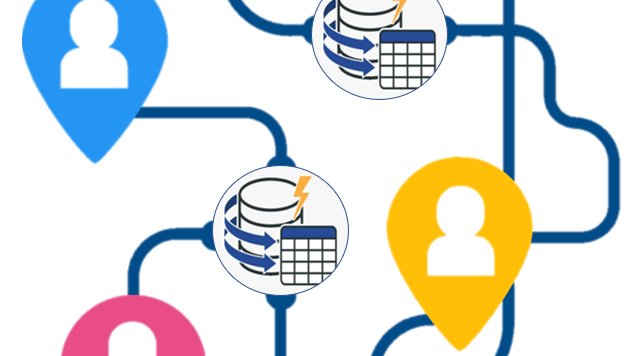This proposal aims at addressing two main challenges in MBSE: the need for an automated mechanism to controlled exchange of data and the need to maintain traceability across system development and operations lifecycle. Distributed Ledger Technologies (DLT, of which blockchain is a type) can provide a model for data governance, distribution and integrity for system model data sets. DLT is a decentralised cryptographically secure transaction systems, where every party co-owns the ledger, and each transaction is verified by rules of governance and consensus agreed by the ecosystem. A DLT solution for MBSE may enable a single, real-time source of truth for system models and eliminate sources of error and inefficiency of current MBSE systems. To the best knowledge of the team, a decentralised ledger system for MBSE has never been designed or studied before. The design of such systems is challenging and requires some elements namely : -Peer network: the peers are the owners of the system engineering models, and they need to have an incentive to participate in the network and share their data and models. -“Smart contracts”: there needs to be a mechanism to effectively govern and automate distributed programming of tasks and permissions (‘If actor A does X, then Actor B can see/do Y”, etc.). DLT mechanisms such as smart contracts, trusted execution environments and trusted platform modules, can automatically validate data sources, actors and process steps, so there would be no debate about whether the data was valid or not. -Security protocols: these need to ensure nuanced data privacy (data cannot be accessed from outside or inside the network) and information transmitted between parties needs to be controlled on a granular level and cannot contain sensitive information. The result is an ecosystem where anyone can provide nuanced and governed access while keeping their sensitive data private. This will incentivise the creation of a consensus among system engineering models.

